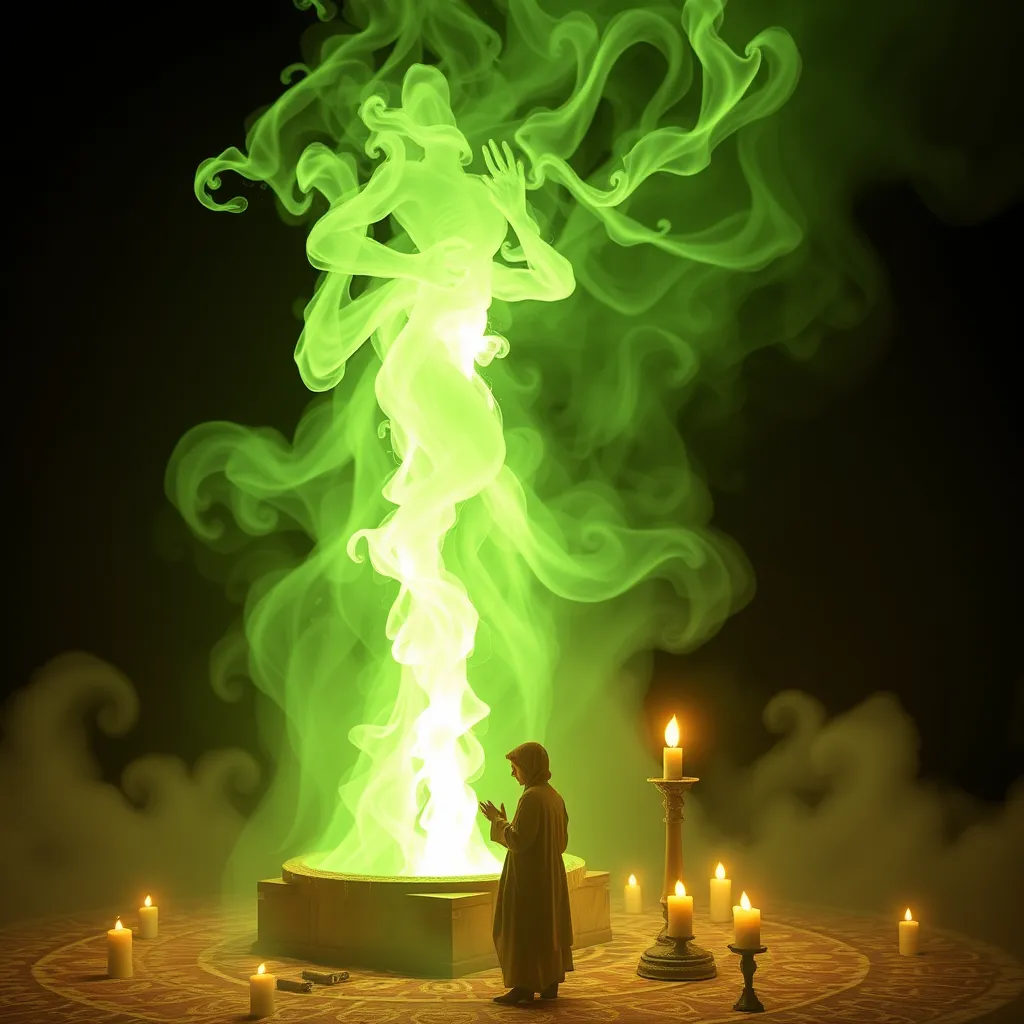The Orcish Experience of Trauma & Loss: Exploring the Emotional Landscape of Orcish Mythologies
Introduction: Understanding Orcish Mythologies
Orcish culture has long been a subject of fascination in myth and literature, often portrayed as brutish warriors in conflict with more civilized races. However, beneath this surface lies a rich tapestry of narratives that explore the profound themes of trauma and loss. Orcish mythologies provide a lens through which we can understand the complexities of their emotional landscape, revealing how these experiences shape their identity and culture. This article aims to delve into the orcish experience of trauma and loss, highlighting its significance in their mythological narratives.
Historical Context of Orcish Mythologies
The origins of orcish myths can be traced back to various cultural influences, including Germanic, Celtic, and even Slavic folklore. Over time, these narratives have evolved, reflecting the societal fears and conflicts of the periods in which they were created. Orcs were often depicted as the antagonists in stories, which shaped public perception of their character. Key texts, such as J.R.R. Tolkien’s “The Lord of the Rings,” further solidified the archetype of the orc as a tragic figure, caught in the throes of war and suffering.
- Influences from Various Cultures: Orcish myths incorporate elements from surrounding cultures, adapting them into their own narratives.
- Key Texts: Works like “The Hobbit” and “Warhammer” series have contributed to the modern understanding of orcish mythology.
Defining Trauma in Orcish Contexts
In orcish societies, trauma manifests through experiences of conflict, war, and displacement. The concept of trauma is not just psychological but is deeply intertwined with social identity and community bonds. Common themes include:
- Loss of kin and comrades in battle
- Destruction of homes and communities
- Internal strife and betrayal among clans
The psychological impacts of these traumas often lead to a collective grief that shapes the orcish identity, influencing how they navigate their social interactions and cultural practices.
Loss and Grief in Orcish Narratives
Loss is a recurring theme in orcish stories, often depicted through the lens of their legendary figures and battles. Mourning rituals play a crucial role in these narratives, serving as a means for the community to process grief collectively. For instance, in many tales, the death of a leader or a beloved kin initiates a series of mourning rites that reinforce social bonds and cultural identity.
Case studies of significant losses in orcish mythology include:
- The loss of a revered chieftain during a battle, which leads to a quest for vengeance.
- The destruction of ancestral lands, prompting a migration that forever alters their way of life.
The Emotional Landscape of Orcish Characters
Key orcish characters often embody the emotional struggles associated with trauma and loss. Their journeys reflect the complexities of strength and vulnerability, illustrating how personal and communal tragedies shape their motivations and actions. For example, an orc warrior may be driven by the desire to avenge fallen comrades, showcasing both their fierce loyalty and deep-seated pain.
Moreover, the duality of their portrayals reveals a rich emotional depth:
- Strength: Orcs are often depicted as powerful and resilient in battle.
- Vulnerability: Despite their strength, they experience profound sadness and loss, challenging the stereotype of the heartless warrior.
Coping Mechanisms and Resilience in Orcish Cultures
Orcish cultures possess traditional practices for coping with trauma and loss, emphasizing the importance of community and storytelling. These practices include:
- Storytelling: Oral traditions allow orcs to share their histories and collective grief.
- Art and Ritual: Artistic expressions and rituals serve as a cathartic outlet for emotions.
Examples of resilience in orcish narratives often highlight characters who overcome their tragedies to forge new paths for their communities, illustrating the enduring spirit of the orcish people.
Comparative Analysis: Orcish Experiences vs. Other Cultures
When comparing orcish trauma narratives with those of other cultures, such as Norse or Celtic mythologies, several similarities and differences emerge. Both orcish and Norse narratives feature themes of loss and the impact of war, yet the portrayal of orcish characters often leans towards tragedy and redemption, while Norse heroes may embody a stoic acceptance of fate.
Insights into how different cultures process trauma reveal universal themes, such as:
- The inevitability of loss
- The importance of community in healing
- Redemption and the search for meaning in suffering
Conclusion: The Legacy of Orcish Trauma and Loss
In summary, the exploration of trauma and loss within orcish mythologies reveals a complex emotional landscape that challenges traditional stereotypes. The narratives of orcish characters illustrate the profound impact of grief on identity and community, offering insights into their resilience and coping mechanisms. As contemporary narratives continue to evolve, the relevance of orcish experiences remains significant, reminding us of the universal themes of trauma and loss present in all mythologies.
Understanding these themes in orcish contexts enriches our appreciation of their stories and highlights the enduring legacy of their experiences in the broader tapestry of mythological narratives.



